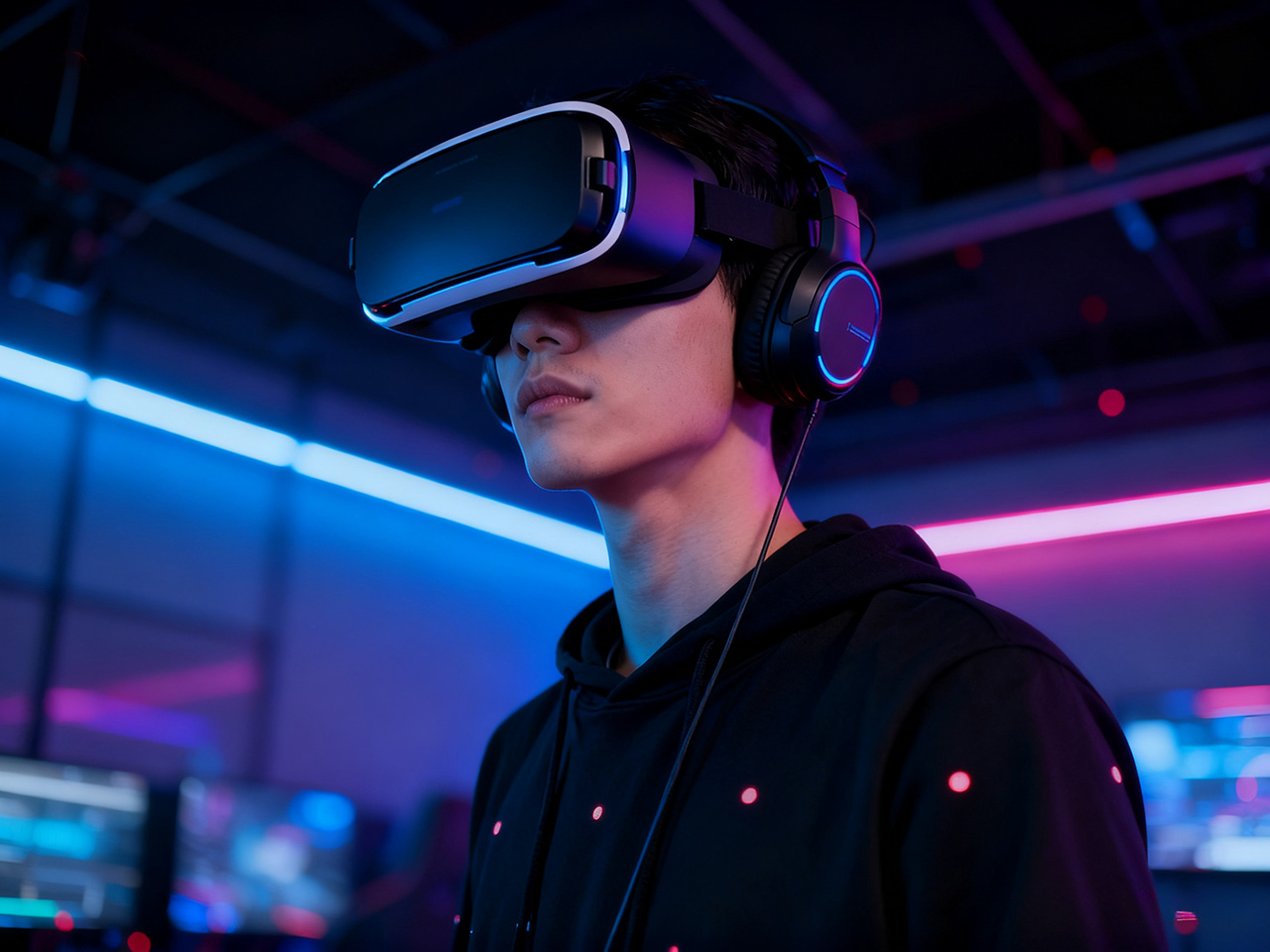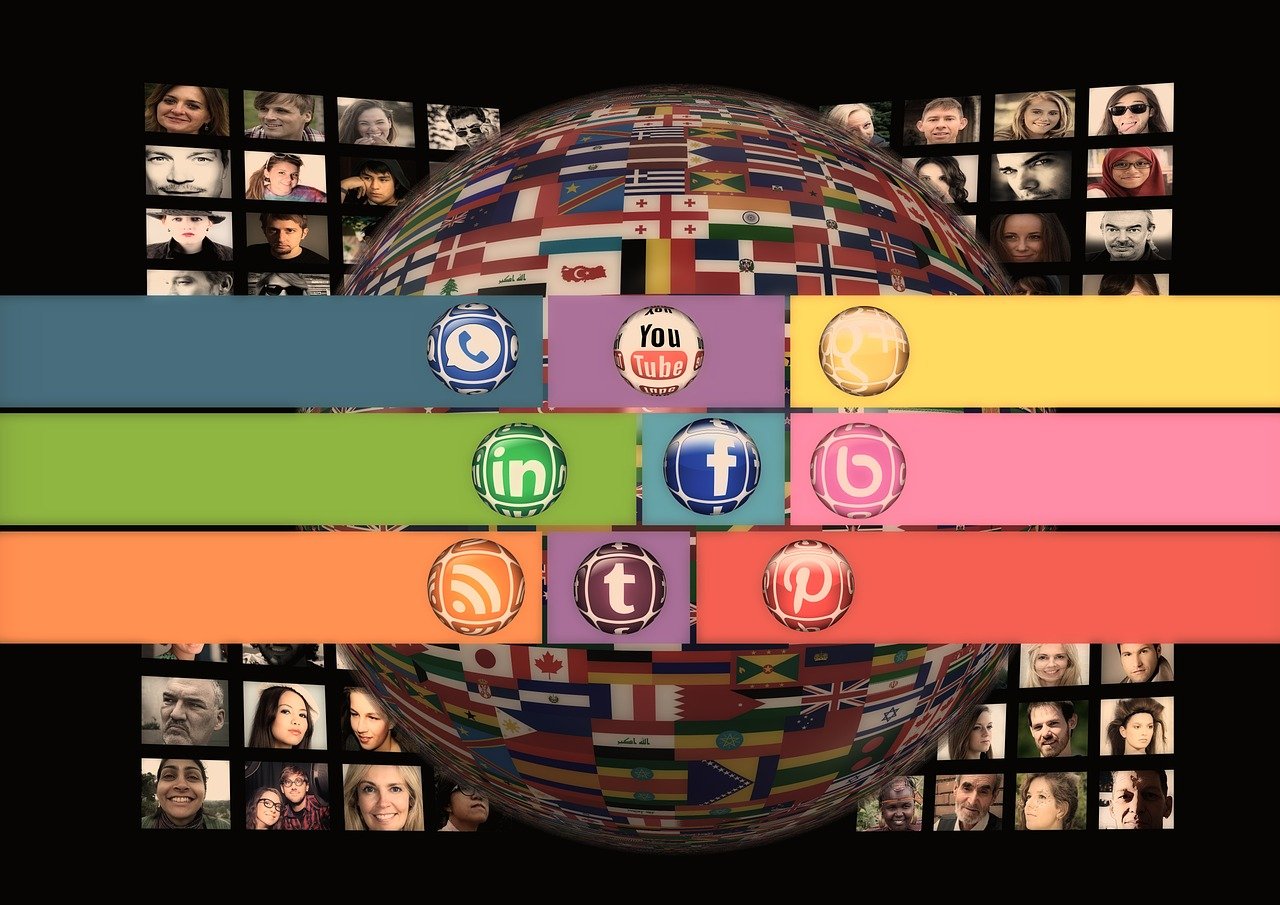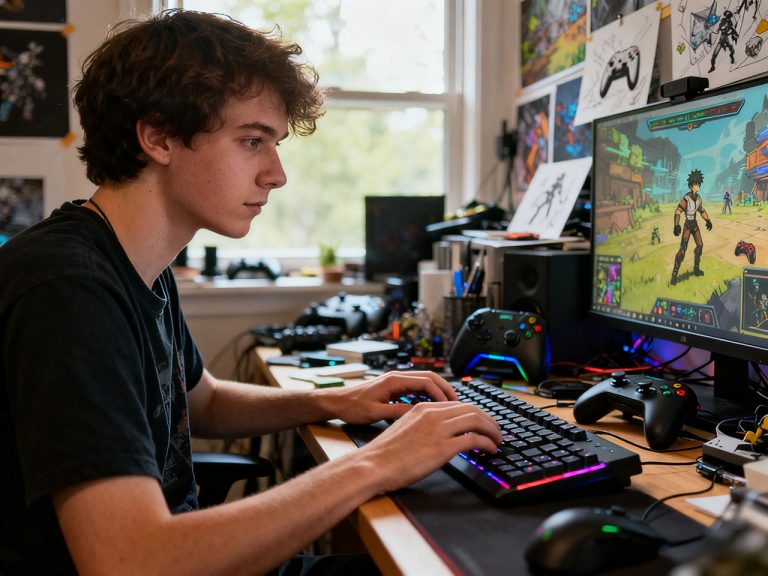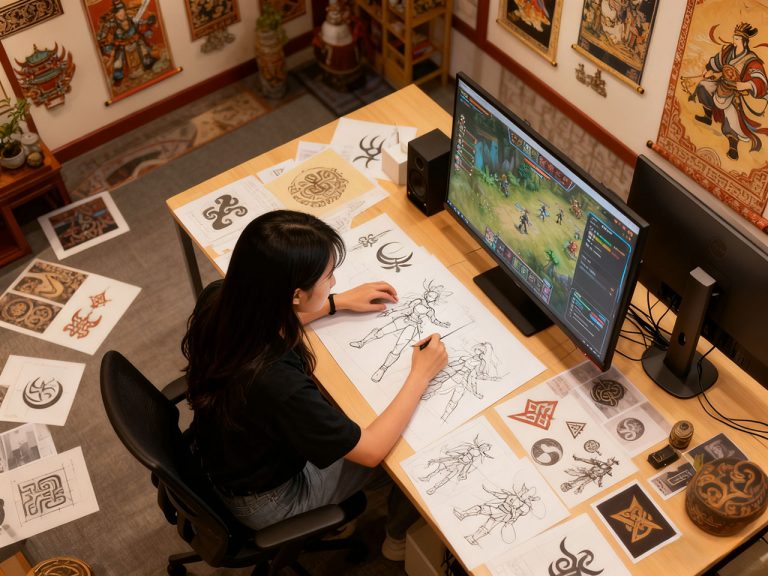
The Impact of Virtual Reality: How VR is Revolutionizing Gaming Industry
The gaming industry has been at the forefront of technological advancements, continuously pushing the boundaries of what’s possible. Among these cutting-edge technologies, Virtual Reality (VR) stands out as a transformative force. With its ability to immerse players in a fully interactive 3D environment, VR is not just enhancing gameplay but is fundamentally changing how games are developed, played, and perceived. This article delves deep into the impact of VR on the gaming industry, exploring its benefits, challenges, and future prospects.
Understanding Virtual Reality in Gaming
Virtual Reality in gaming refers to the creation of a simulated environment that players can interact with in a seemingly real or physical way using specialized equipment such as VR headsets and motion controllers. Unlike traditional video games, where players interact with a screen, VR games provide a first-person perspective, making the gaming experience more immersive.
VR technology in gaming involves several components, including head-mounted displays, motion tracking sensors, and interactive controllers. These elements work together to create a seamless, 360-degree gaming experience that responds to the player’s movements and actions in real time.
The Benefits of VR in Gaming
The introduction of VR technology in gaming brings several benefits that are reshaping the industry:
Enhanced Immersion

One of the most significant advantages of VR is its ability to immerse players in the gaming world. By providing a 360-degree view and tracking head and body movements, VR creates an environment where players feel as though they are part of the game, rather than just playing it. This immersion enhances the emotional and psychological impact of games, making them more engaging and compelling.
Innovative Gameplay
VR opens up new possibilities for game design and gameplay mechanics. Developers can create unique gaming experiences that are not possible with traditional platforms. For instance, VR gaming allows for complex puzzles that require physical movement, interactive storytelling where players’ choices impact the narrative, and multiplayer experiences that feel like real-world interactions.
Expanding Genres
With VR, game genres are expanding and evolving. While action and simulation games were the initial focus, VR is now making strides in genres like horror, adventure, and even educational games. The horror genre, for example, benefits immensely from VR’s immersive qualities, providing players with a more intense and realistic experience.
Challenges Facing VR in the Gaming Industry
Despite its transformative potential, VR in gaming faces several challenges that need to be addressed:
High Costs
VR gaming equipment, including headsets and compatible PCs or consoles, can be expensive. The high cost is a barrier for many gamers, limiting widespread adoption. Although prices have been gradually decreasing, VR is still considered a luxury for many players.
Technical Limitations
Current VR technology faces technical limitations such as resolution and field of view, which can impact the immersive experience. Developers are continuously working to improve these aspects, but it remains a challenge to balance quality with affordability.

Motion Sickness
Motion sickness is a common issue among VR users, caused by the discrepancy between visual movement and physical sensations. Game developers are exploring ways to minimize this effect, but it remains a significant hurdle for VR gaming.
VR’s Influence on Game Development
VR is not only changing how games are played but also how they are developed. Game developers are required to consider new factors such as spatial design and player interaction in a 3D space. This shift demands new skills and approaches in game design:
Spatial Audio Integration
Audio plays a crucial role in VR gaming, enhancing the immersive experience. Developers are incorporating spatial audio to match the 3D environments, ensuring that sound cues come from the appropriate direction and distance, which adds to the realism.
Interactive Storytelling
VR allows for more interactive storytelling, where players can influence the narrative through their actions. This requires developers to create branching storylines and dynamic environments that respond to players’ choices.
The development of VR games also involves new testing and quality assurance processes to ensure that games perform well in a VR environment and provide a comfortable experience for players.
The Future of VR in Gaming
The future of VR in gaming looks promising, with continuous advancements in technology and increasing consumer interest. Here are some trends and predictions for the future:
Improved Accessibility
As the technology matures, VR gaming is expected to become more accessible. This includes the development of more affordable VR headsets and the integration of VR capabilities into mainstream gaming consoles and PCs.
Enhanced Social Experiences

VR has the potential to revolutionize social gaming experiences. With the ability to create lifelike avatars and realistic environments, VR can facilitate more engaging and interactive multiplayer experiences. Platforms like The Verge are already exploring virtual worlds where players can meet, interact, and play together in ways that were not possible before.
Integration with Other Technologies
The integration of VR with other technologies such as Artificial Intelligence (AI), Augmented Reality (AR), and the Internet of Things (IoT) will open up new possibilities for gaming. For example, AI can be used to create more realistic and adaptive non-player characters, while AR can blend the virtual and real-world environments for a hybrid gaming experience.
Takeaways
Virtual Reality is undeniably revolutionizing the gaming industry by offering immersive, interactive, and innovative gaming experiences. While there are challenges to overcome, the potential benefits and future prospects make VR an exciting frontier in gaming. As technology continues to advance and become more accessible, VR is set to become an integral part of the gaming landscape, offering players and developers new ways to explore and enjoy virtual worlds.
VR Gaming and Its Broader Cultural Impact
Beyond the gaming realm, VR is influencing broader cultural and societal trends. Its applications are extending into areas like education, training, and social interactions, demonstrating its potential as a powerful tool beyond entertainment.
Educational Opportunities
VR’s immersive nature makes it an effective educational tool. Educational games and simulations can provide hands-on learning experiences in a safe, controlled environment. For instance, history-based VR games can transport students to historical settings, while science simulations can offer interactive experiments. This potential for educational engagement is being recognized in classrooms worldwide.

Professional Training
Industries are leveraging VR for professional training, offering realistic scenarios that allow employees to practice skills without real-world risks. In gaming, this has translated into realistic sports and medical training simulations, providing valuable practice in a virtual environment that closely mimics reality.
Social Interaction and Community Building
VR is also transforming social interactions. Virtual reality platforms serve as social hubs where players can meet, interact, and collaborate with others from around the world. This fosters a sense of community and connection, which is particularly valuable in times when physical gatherings may be limited.
Challenges and Considerations for the Future
While the future of VR in gaming is promising, several considerations need to be addressed to ensure its sustainable growth:
Privacy and Data Security
As VR systems collect vast amounts of data, including personal and biometric information, safeguarding user privacy and data security is paramount. Developers and companies must implement robust measures to protect users’ data from breaches and misuse.
Content Moderation
With the rise of social VR platforms, content moderation becomes crucial. Ensuring a safe and respectful environment for all users is essential. This includes addressing issues like harassment and inappropriate content, which can be challenging in immersive environments.
Inclusivity and Accessibility
Ensuring that VR gaming is inclusive and accessible to all players, regardless of physical abilities or economic status, is vital. Developers are encouraged to design VR experiences that consider diverse needs and provide options for players with disabilities.

The Role of Developers and Companies in Shaping VR’s Future
Game developers and companies play a crucial role in shaping the future of VR in gaming. Their innovation, creativity, and commitment to quality will determine VR’s trajectory and success in the industry.
Investing in Research and Development
Continued investment in research and development is essential for advancing VR technology. Companies must explore new ways to enhance realism, reduce costs, and improve user comfort. This includes researching new display technologies, motion tracking systems, and haptic feedback solutions.
Collaborative Efforts
Collaboration between developers, hardware manufacturers, and software platforms can drive VR innovation. By working together, these entities can create standardized systems and tools, making VR development more accessible and streamlined.
Engaging with the Community
Engaging with the gaming community is critical for developers to understand players’ needs and preferences. Community feedback can guide the development of new features and improvements, ensuring that VR games remain appealing and relevant.
Final Thoughts
The impact of virtual reality on the gaming industry is profound, offering new dimensions of play and interaction. As VR technology continues to evolve, it promises to bring even more exciting developments to the gaming world. Whether through enhanced immersion, new gameplay mechanics, or broader cultural applications, VR is set to remain a pivotal force in shaping the future of gaming. For those interested in exploring more about the ongoing developments in VR, GamesRadar provides insightful updates and analyses.
As the industry navigates the challenges and seizes the opportunities presented by VR, the gaming community can look forward to a future where virtual worlds are as rich and varied as our imaginations allow. The journey is just beginning, and the possibilities are truly limitless.






